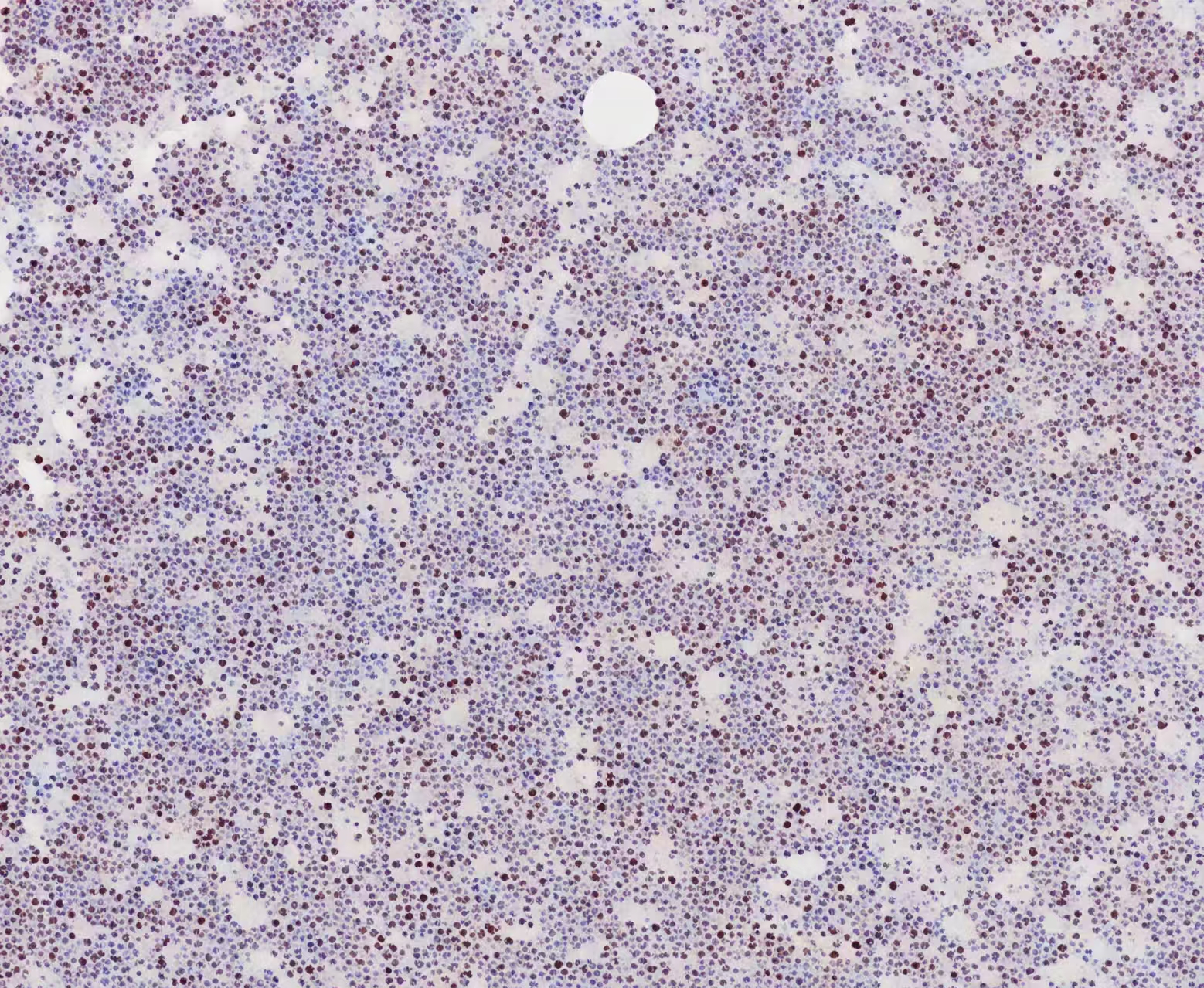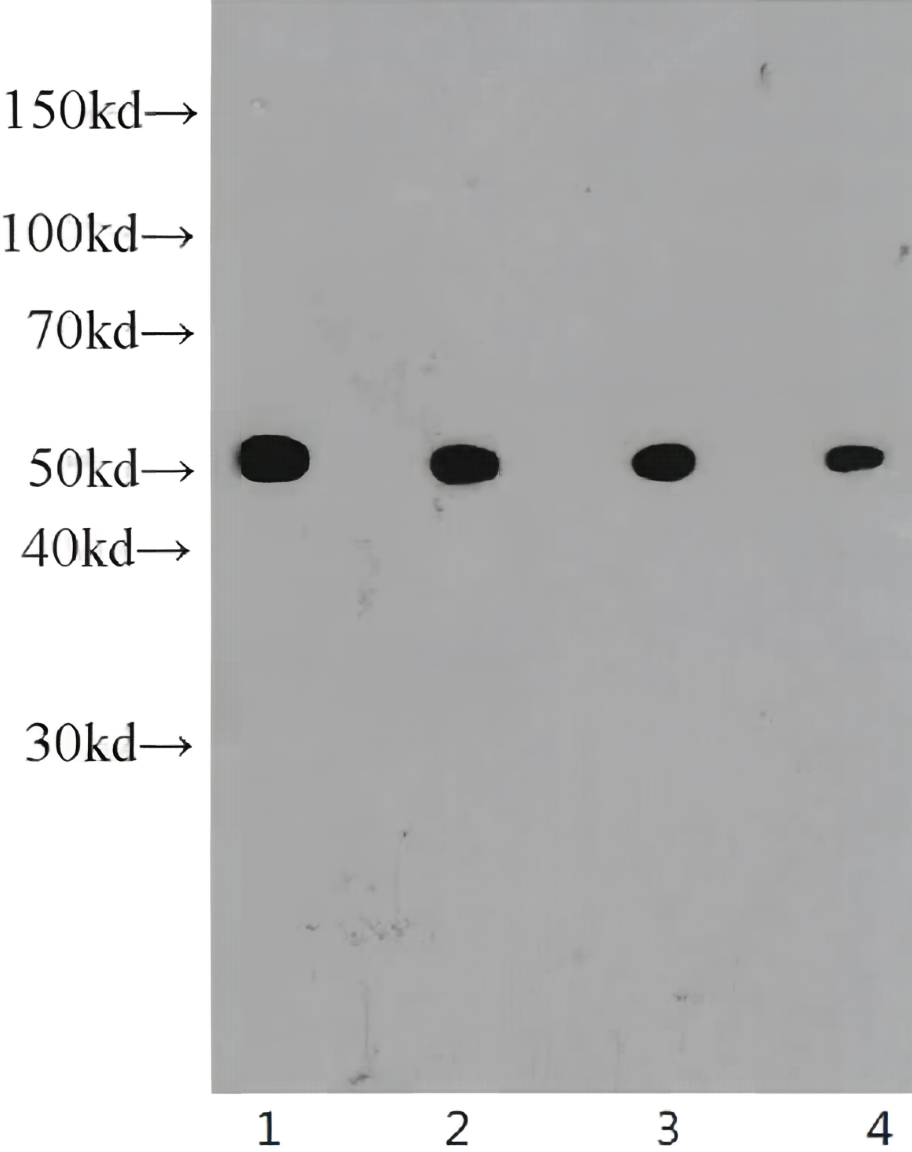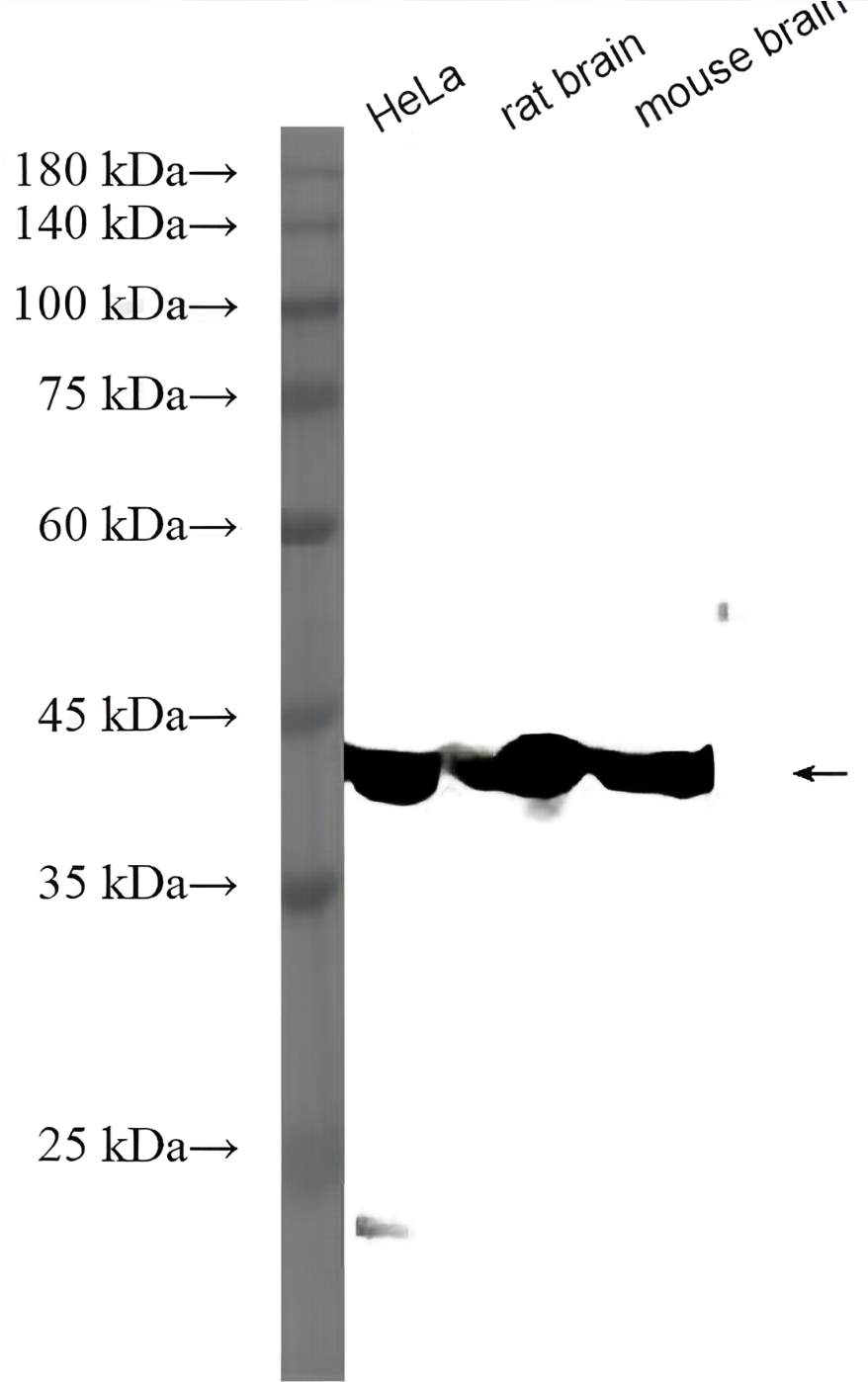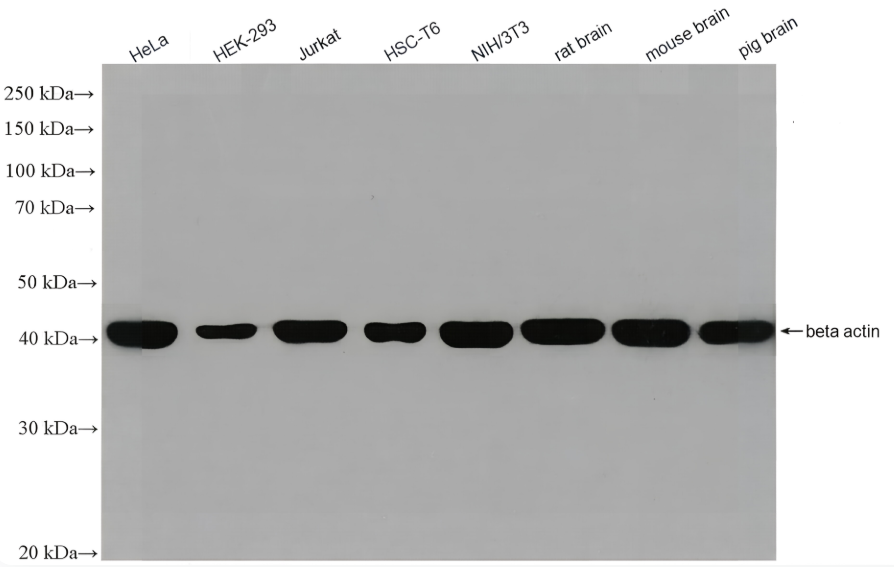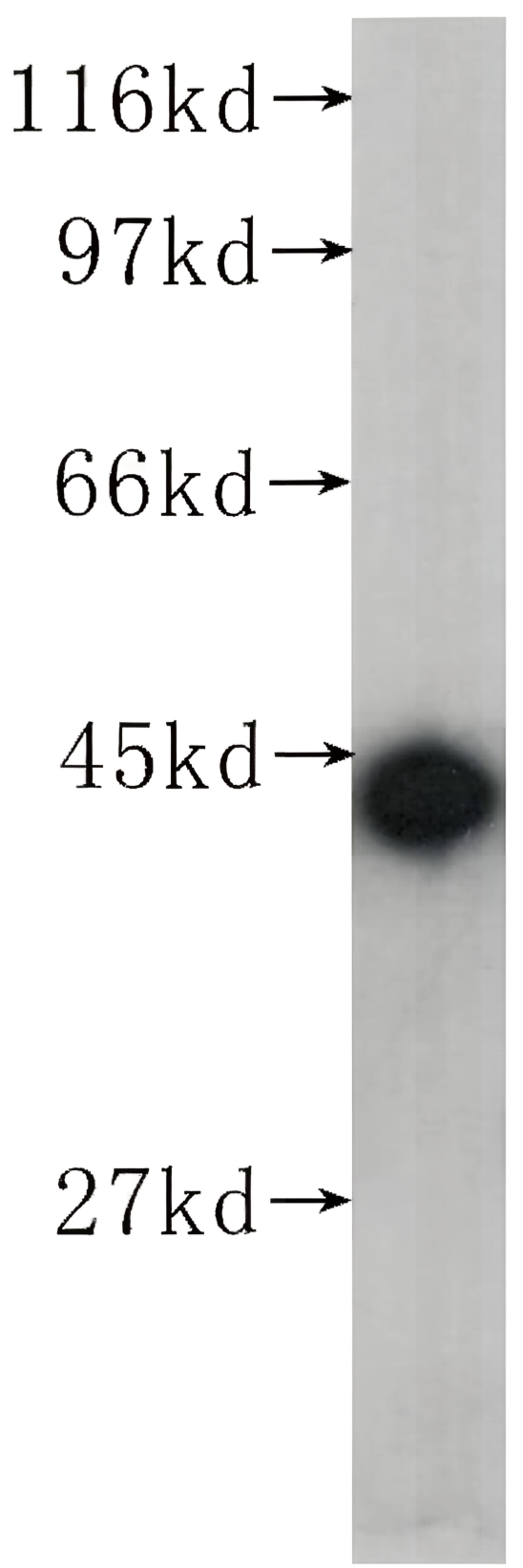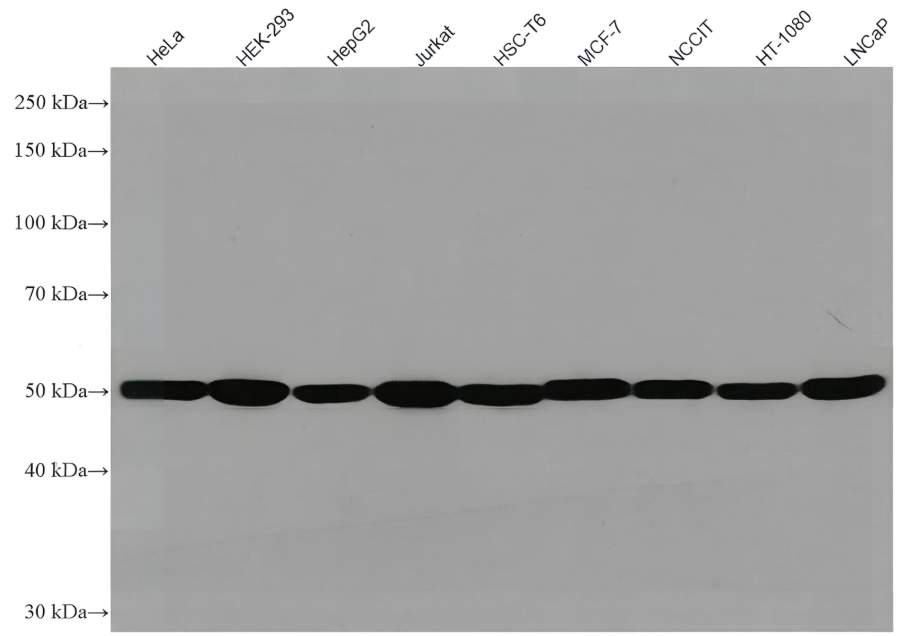c-Myc Rabbit Monoclonal Antibody(ARB926)
CAT.NO. : ARB6718
RMB Please choose
RMB Please choose
Size:
Trail, Bulk size or Custom requests Please contact us
*产品价格可能会有所调整,请以品牌方官网实时更新的价格为准,以确保准确性。
Background
The function of oncogene-encoded c-Myc, n-Myc, and I-Myc is relevant to cell proliferation, differentiation and neoplastic disease. A mutated version of Myc is found in many cancers, which causes Myc to be constitutively expressed. This leads to the unregulated expression of many genes, some of which are involved in cell proliferation, and result in the formation of cancer. c-Myc is a transcription factor and is a proto-oncogene that is the focal point in cell cycle regulation, metabolism, apoptosis, differentiation, cell adhesion, and tumorigenesis. A common human translocation involving Myc is t(8;14), which is critical to the development of most cases of Burkitt's Lymphoma. Malfunctions in Myc have also been found in carcinoma of the cervix, colon, breast, lung, and stomach.
Application
| Application | Dilution Ratio |
|---|---|
| IHC | 1:100-1:200 |
Overview
| Predicted Molecular Wt | 48kDa |
| Species Cross-reactivity | Human |
| Applications | IHC-P |
| Purity | ProA affinity purified IgG |
| Form | Liquid |
| Swissprot ID | P01106 |
| Subcellular location | Nucleus |
| Recommended Method | Heat induced epitope retrieval with Tris-EDTA buffer (pH 9.0), primary antibody incubate at RT (18°C-25°C) for 30 minutes. |
| Storage Buffer | PBS 59%, Sodium azide 0.01%, Glycerol 40%, BSA 0.05%. |
Data
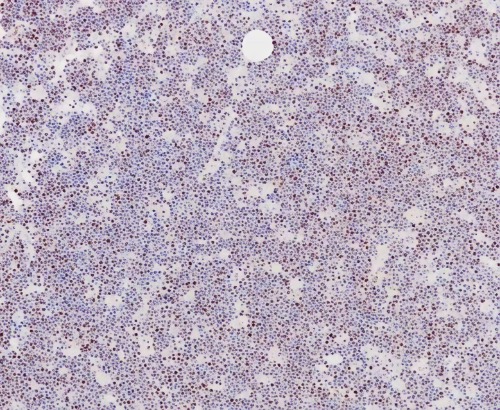
Immunohistochemical staining of human Burkitt lymphoma tissue using c-Myc Rabbit Monoclonal Antibody (ARB926).
Storage
Store at -20°C. Stable for one year from the date of shipment.
Research Use Only
For Research Use Only. Not for use in diagnostic procedures.
 New Products
New Products




